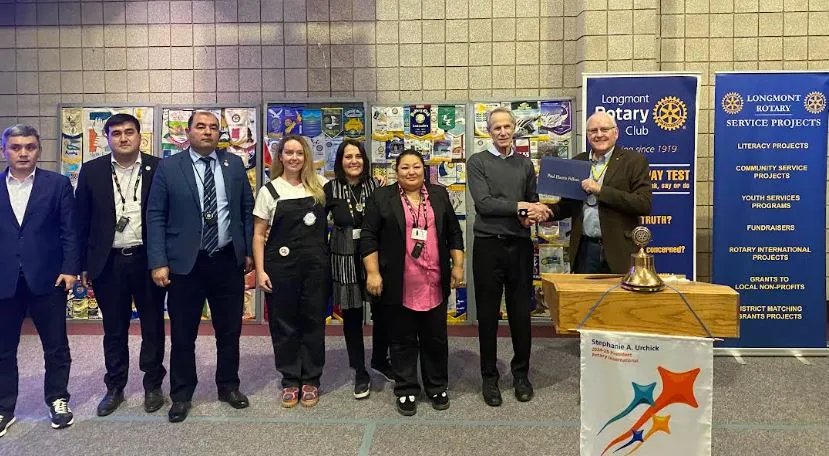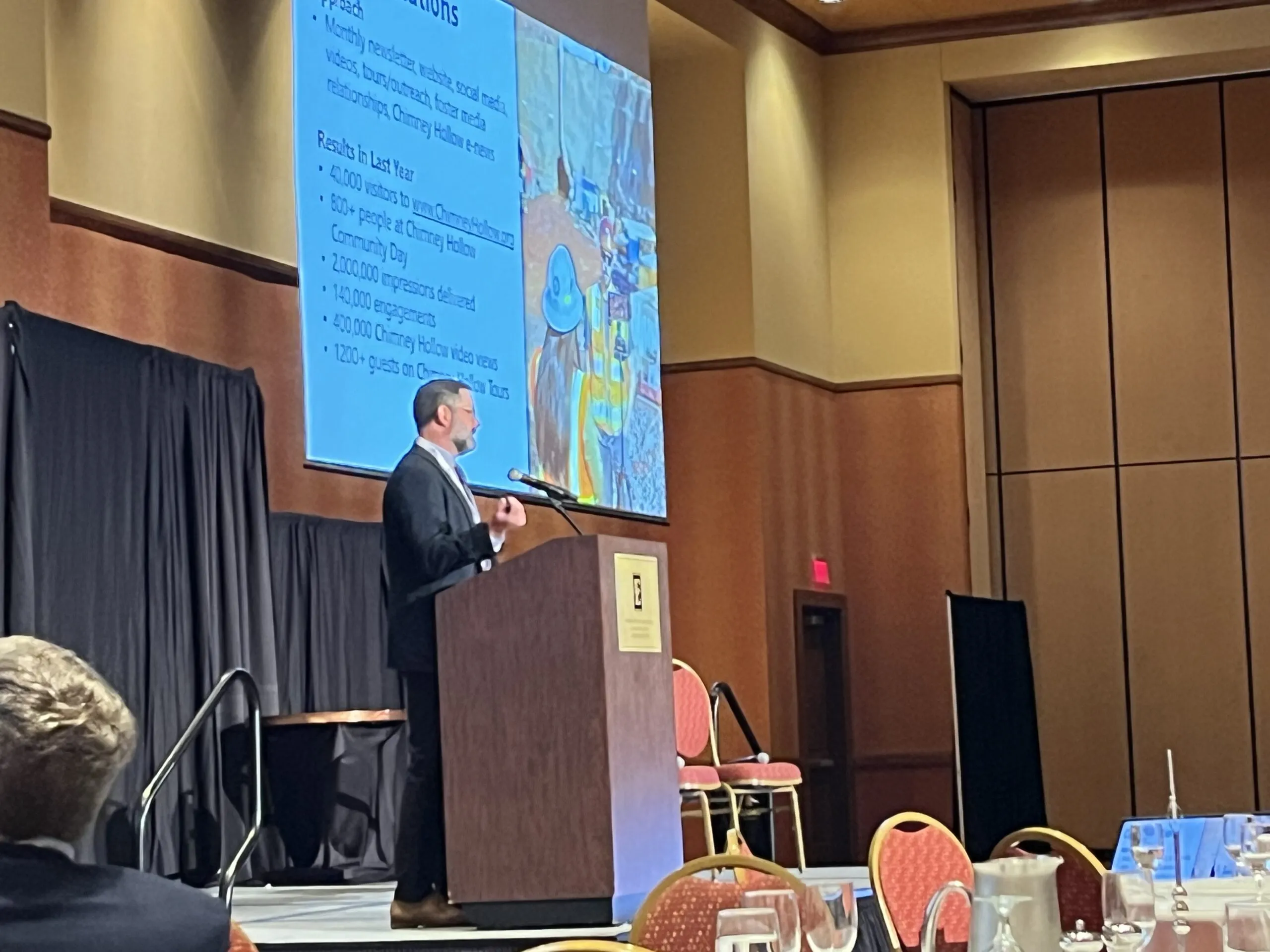Kahn: Central Asia delegation explores Colorado’s water-management strategies

Editor’s note: This piece was contributed by Jeff Kahn, an attorney with the law firm Lyons Gaddis PC.
Longmont recently became a hub of international collaboration on water management as professionals from Central Asia gathered to study the western United States’ approach to the issue. Hosted by the Rotary Club of Longmont and supported by attorneys from Lyons Gaddis PC, a firm with extensive expertise in water law, the visit highlighted key Colorado water management strategies. By exploring practices like transbasin diversions and legal frameworks focused on conservation, the delegation gained insights potentially adaptable to regions such as Central Asia, where water scarcity is a critical challenge.
Five delegates from Central Asia visited Colorado in early November to study the state’s water management practices as part of a U.S. State Department-sponsored trip. One goal was learning sustainable strategies for addressing water challenges in their countries, including the dramatically shrinking Aral Sea.
SPONSORED CONTENT
The delegation included distinguished water leaders: Savriniso Kurbonbekova from Tajikistan, an advocate for women’s leadership in water management; Maksatgeldi Atageldiyev from Turkmenistan, who leads seawater desalination initiatives; Zarina Ibraimova from Kyrgyzstan, responsible for optimizing irrigation systems vital to the agricultural sector; Ilhom Juraev from Uzbekistan, who works on transboundary water management in the Aral Sea Basin; and Zhaiyk Yerikuly from Kazakhstan, a groundwater expert focused on sustainable access to underground resources.
The Colorado River Compact of 1922, a foundational agreement that has become a lightning rod in today’s water law landscape, was a key focus of part of the trip’s programming. Originally negotiated during a period of unusually high river flow, the compact allocated water based on optimistic estimates that have since proven unsustainable. With flows now reduced by climate change and overuse, the compact illustrates both the need for more flexible water-sharing agreements that are better adapted to changes resulting from climate change. For the visiting delegation, many of whom manage similar issues in the Aral Sea Basin, the Compact served as both a lesson and a warning on how historical data and optimistic projections can compound resource challenges.
Colorado’s extensive transbasin diversion system moves water from the water-rich Western Slope to communities and farms on the Eastern Slope. This system requires complex legal and logistical infrastructure to respect the rights of both areas. The delegates were particularly interested in how similar systems could be adapted for Central Asia, where rural areas often struggle to secure reliable access to water.
Colorado’s shift from the traditional riparian water rights system to the Doctrine of Prior Appropriation was brought on by the arid conditions in the West, enabling communities to allocate water resources based on priority of use rather than proximity — a key adaptation that allowed agriculture and urban areas to flourish in a semi-desert climate. The doctrine, which prioritizes “first in time, first in right,” has made it possible to transfer water across vast distances in Colorado, a critical step for meeting agricultural and municipal demands. Similarly, Central Asia’s rivers cross multiple national boundaries, often creating contention over water rights as each country seeks to meet its own needs. Both the U.S. and Central Asia face rising populations, increasing agricultural demands, and unpredictable climate shifts that strain water supplies.
It was interesting to hear the questions from the water managers from Central Asia. The questions revealed the similarities of water management problems they are experiencing as compared to the western United States. Colorado’s approach is evolving through conservation, new legal frameworks, and strategic investments in water storage, offering valuable insights for regions under similar pressures.
Throughout the week, the delegates explored other aspects of Colorado’s approach, from sustainable agriculture at Colorado State University’s Water Center to innovative storage solutions at the Northern Colorado Water Conservancy District. The Left Hand Water District provided insights into multi-use water systems that support agriculture, municipalities and energy production.
Lyons Gaddis remains committed to helping clients address complex water issues, from individual water rights and transfers to large-scale, multi-jurisdictional projects. As global water resources grow increasingly precious, the firm’s role as legal and strategic partner becomes ever more critical. Through exchanges like this delegation visit, Lyons Gaddis deepens its expertise in addressing water scarcity and resilience in a changing world.
Longmont recently became a hub of international collaboration on water management as professionals from Central Asia gathered to study the western United States’ approach to the issue.




